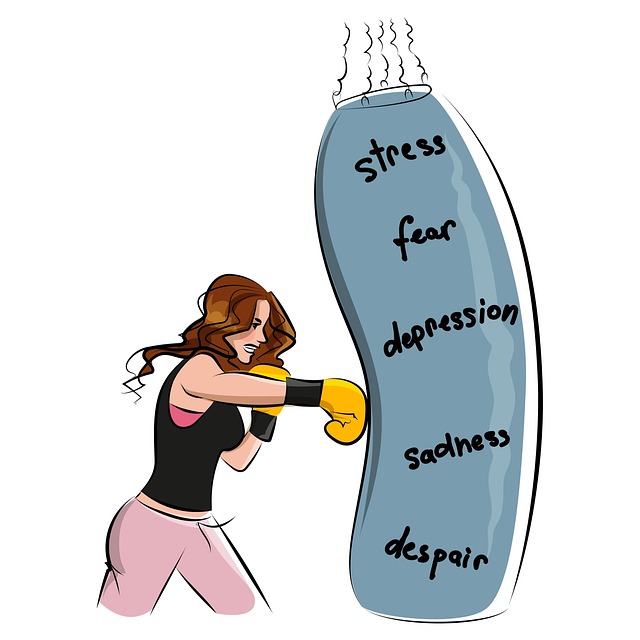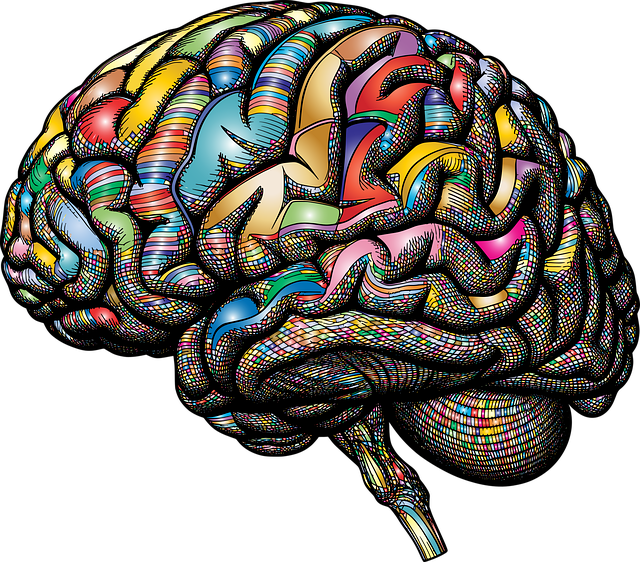Boulder prioritizes trauma support through comprehensive mental health evaluations offered by services like Boulder Mental Health Evaluations Therapy, which provide insights into individuals' psychological states post-trauma. Therapists utilize evidence-based methods including compassion cultivation and Social Skills Training to promote healing and prevent complications like depression. Boulder's tailored therapy, burnout prevention for healthcare providers, and diverse treatment options aim to enhance well-being and foster healthier relationships, particularly for children and adolescents.
In today’s world, trauma support services are more critical than ever. This comprehensive guide explores the intricate landscape of trauma healing, focusing on Boulder’s mental health evaluations and therapy approaches. Understanding trauma and its profound impact is the first step towards effective recovery. We delve into various therapy methods proven to aid in processing traumatic experiences. Additionally, this article provides insights into accessing Boulder’s mental health services, ensuring a supportive journey towards resilience and well-being.
- Understanding Trauma and Its Impact
- The Role of Mental Health Evaluations in Trauma Support
- Therapy Approaches for Effective Trauma Healing
- Accessing and Providing Boulder Mental Health Services
Understanding Trauma and Its Impact

Trauma is a profound and complex experience that can have lasting effects on an individual’s mental health and overall well-being. It stems from various sources, including severe accidents, violent attacks, natural disasters, or prolonged exposure to distressing events. In Boulder, mental health evaluations play a crucial role in identifying trauma and its impact on individuals. These evaluations provide a comprehensive understanding of the person’s psychological state, allowing for tailored therapy interventions.
Understanding trauma involves recognizing its ability to disrupt one’s sense of safety and self-worth. It can lead to a range of symptoms such as flashbacks, nightmares, intense emotions, and avoidance behaviors. Boulder’s mental health professionals employ various therapeutic approaches, including compassion cultivation practices, to help individuals process their traumatic experiences. By fostering a sense of safety and empathy, these practices boost confidence and promote healing. Moreover, therapy sessions aim to prevent depression and other mental health complications that may arise from unresolved trauma.
The Role of Mental Health Evaluations in Trauma Support

Mental health evaluations play a crucial role in trauma support services, acting as a foundational step in effective therapy and recovery processes. These comprehensive assessments are instrumental in understanding an individual’s psychological state post-trauma. By employing advanced tools and techniques, such as those used in Boulder Mental Health Evaluations Therapy, healthcare professionals gain valuable insights into the patient’s emotional intelligence, cognitive functioning, and overall mental health landscape. This enables them to tailor support strategies that address specific needs, ensuring a more personalized and impactful approach to healing.
Moreover, these evaluations facilitate the identification of potential burnout prevention strategies for healthcare providers who often find themselves at the forefront of trauma care. By recognizing the emotional toll of their work, they can employ techniques aimed at promoting emotional well-being, preventing professional burnout, and fostering resilience among both service providers and clients. This holistic approach not only enhances the quality of trauma support services but also contributes to the long-term sustainability of these vital healthcare initiatives.
Therapy Approaches for Effective Trauma Healing

In navigating the complex landscape of trauma support services, various therapy approaches have emerged as powerful tools for effective healing. Boulder mental health evaluations play a crucial role in understanding an individual’s unique needs and tailoring therapeutic interventions accordingly. One evidence-based method gaining prominence is integrating Mind Over Matter principles into treatment plans. This approach focuses on reframing negative thought patterns and cultivating resilience, empowering individuals to overcome trauma’s lasting effects.
Complementing these techniques, Social Skills Training has proven beneficial for trauma survivors, especially children and adolescents. By teaching essential social cues and communication strategies, this training fosters healthier relationships and enhances overall well-being. Furthermore, promoting Self-Care Routine Development for Better Mental Health is an integral part of comprehensive trauma support. Encouraging individuals to prioritize self-care practices such as mindfulness, exercise, and balanced sleep routines can significantly contribute to their recovery journey.
Accessing and Providing Boulder Mental Health Services

Accessing Boulder Mental Health Services plays a pivotal role in trauma support. Individuals seeking help can navigate various options, including direct consultations with mental health professionals or starting with a comprehensive evaluation. These evaluations are instrumental in understanding the scope and intensity of trauma-related issues, guiding the course of treatment that follows. Whether through individual therapy sessions, group support programs, or specialized workshops focusing on mood and stress management, Boulder’s services cater to diverse needs.
For mental health professionals, implementing robust Risk Management Planning is crucial for a safe and effective practice environment. This includes strategies for managing acute crises and ensuring the well-being of both clients and practitioners. Organizations can foster supportive ecosystems by offering resources like Stress Management Workshops, enabling professionals to enhance their resilience and improve patient care, ultimately contributing to better outcomes in trauma support services.
Trauma support services play a pivotal role in helping individuals heal from profound emotional wounds. By integrating comprehensive mental health evaluations, evidence-based therapy approaches, and accessible Boulder mental health services, we can foster resilience and restore well-being for those impacted by trauma. Through this multifaceted approach, we not only offer immediate relief but also empower survivors to navigate their journeys towards lasting recovery and vibrant lives.












